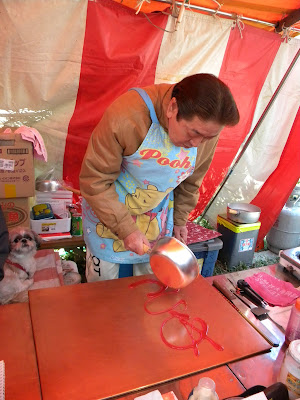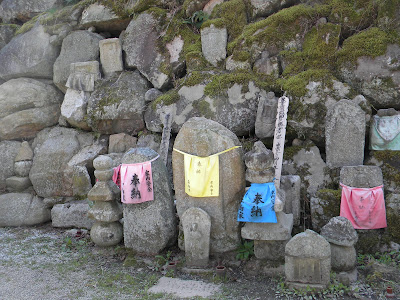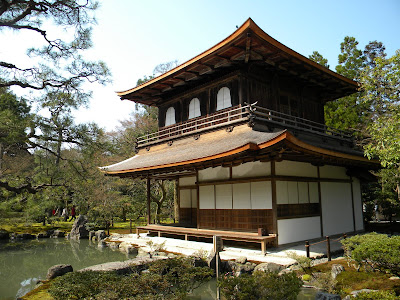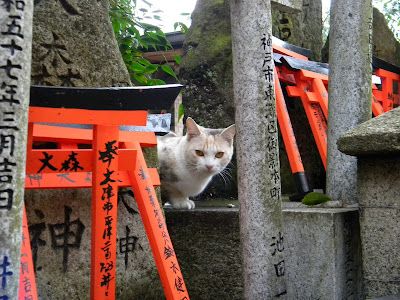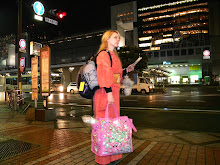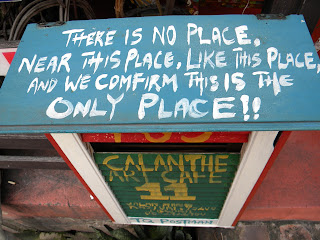 |
"Hey, Noona, look at this!" Jini calls out from the living room.
I walk into the hostel's main room and look at the TV, where Jini is pointing. The news is being broadcast live, but the backdrop on the TV screen looks like a comedic spoof of a storm. Leaves and random pieces of debris are flying in such a way that suggests Dorothy will soon be leaving Kansas. A news anchor tries to stay her ground as she gives a report. The wind, meanwhile, swirls her long, black hair upwards into a sort of electrified-looking bouffant.
"What's going on?" I ask.
"It's a typhoon in Hadong. They're now talking about related fatalities."
Hadong, Korea -- an iconically beautiful village located near the southmost tip of the peninsula. Hadong, Korea -- the place I was supposed to be this evening. In fact, the only thing that prevented me from being there was what had seemed, at the time, to be a dumb mistake.
The night before I had asked DJ, the owner of the hostel in which I was staying, which bus terminal was the right one to catch the bus to Hadong.
"Express Bus Terminal," he tells me, circling the stop on my subway map so I won't be confused.
A bit of a skeptic when it comes to directions, I question him.
"Are you sure?" I ask. "Are you sure it's not a different bus terminal, like Nambu? Some buses leave from different terminals."
"No, no," DJ confidently reassures me. "The bus for Hadong leaves from Express."
The next morning, I make it to the Express Bus Terminal with just enough time to leave on the earliest bus. But when I arrive at the ticket counter, the agent tells me all the buses to Hadong leave from . . . Nambu. It's too late for me to go to Nambu to buy an early morning bus ticket, and what's more, all the later tickets for that day have already sold out.
I fume silently, but there's nothing I can do about the situation. Taking the escalator to leave the Express Bus Terminal, I notice the wall above it showcases an enlarged photo of Hadong's vibrant green fields and a tourism catchphrase: Come visit beautiful Hadong.
"Well, now you're just mocking me," I grumble aloud to no one.
The whole thing seemed like a pointless mistake.
Until I saw the news report and the damage wrought by a typhoon.
Now, I'm not the type of person who calmly accepts whatever happens as my fate. In fact, here's one essential truth about me: I fight for what I want. I empty all my energy into trying to solve whatever problem's before me. Even just minutes before seeing the news report about Hadong, I was on the Internet trying to rearrange my schedule and buy a ticket to Hadong for a different day. But sometimes, the puzzle itself is missing a piece. Sometimes no matter how hard I try, things just don't work out.
I think now not just of one particular city I didn't get to see. I think of all the things in my life that I've wanted but didn't work out, from relationships to job promotions. But here's a kind truth I learned: Sometimes not getting the thing you want is the best thing that could happen to you. Had I gotten everything I've wanted in life, I wouldn't be where I'm at now, which is a pretty wonderful place -- one that can't be pinned on any map.
 |
| If you're not happy with the moral of my story, just chant this toilet mantra until you feel better. |










